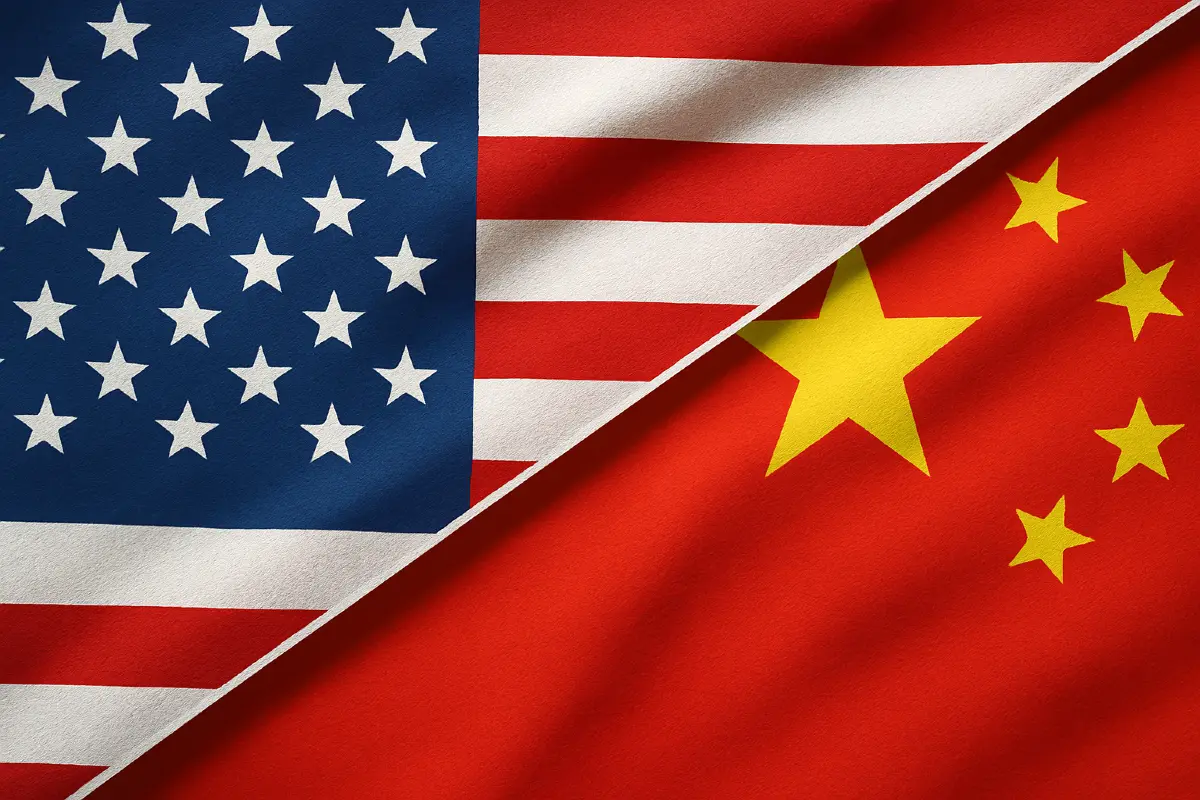Following the chaotic week of Trump’s Tariff’s Policy, Cathie Wood, CEO and CIO at ARK Invest, has shared her thoughts.
“While many observers fear that the Trump tariff policy is a recipe for economic and geopolitical disaster, we believe that what looked at first glance like the largest and most regressive tax increase in US history could turn out to be quite the opposite.
“Now that President Trump has asked Treasury Secretary Bessent to take the lead from Peter Navarro and Howard Lutnick in negotiating with US allies, what once seemed like a chaotic situation based on incomprehensible “reciprocity” calculations could have been a setup—premeditated or otherwise—for serious negotiations that will lead to lower tariffs and non-tariff barriers, neither of which would have been possible without the shock therapy that President Trump administered.
“Still influential in the Trump Administration, Elon Musk has been a strong advocate for this solution to the tariff and non-tariff trade barriers that have evolved over the last 50 years.
“During the past week of extreme volatility in the stock and bond markets, our working assumption was that President Trump has been aiming for robust economic growth and a strong stock market during the second half of this year, ahead of the midterm elections next year. How many times this week has he mentioned that the economy and stock market are going to boom.
“Even before the tariff controversy, we had been expecting strong growth to begin sometime in the second half, because we do believe that the last leg of a three-year rolling recession will result in negative GDP growth for the first and second quarters.
“During the past three years, as one cohort of the economy after another capitulated to the interest rate shock that started in 2022, high-end consumers and the government propped GDP up. Now, both are giving way, with the government entering its first recession in 30 years. As a result, the Administration and the Federal Reserve will have more degrees of freedom to stimulate than most investors have been expecting.
“Now that much of the economy has seized up in response to the fear of tariffs, the drop in activity is likely to be more severe than otherwise would have been the case, a clarion call for tax cuts, deregulation, and lower interest rates.”






